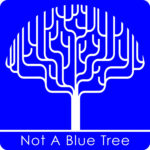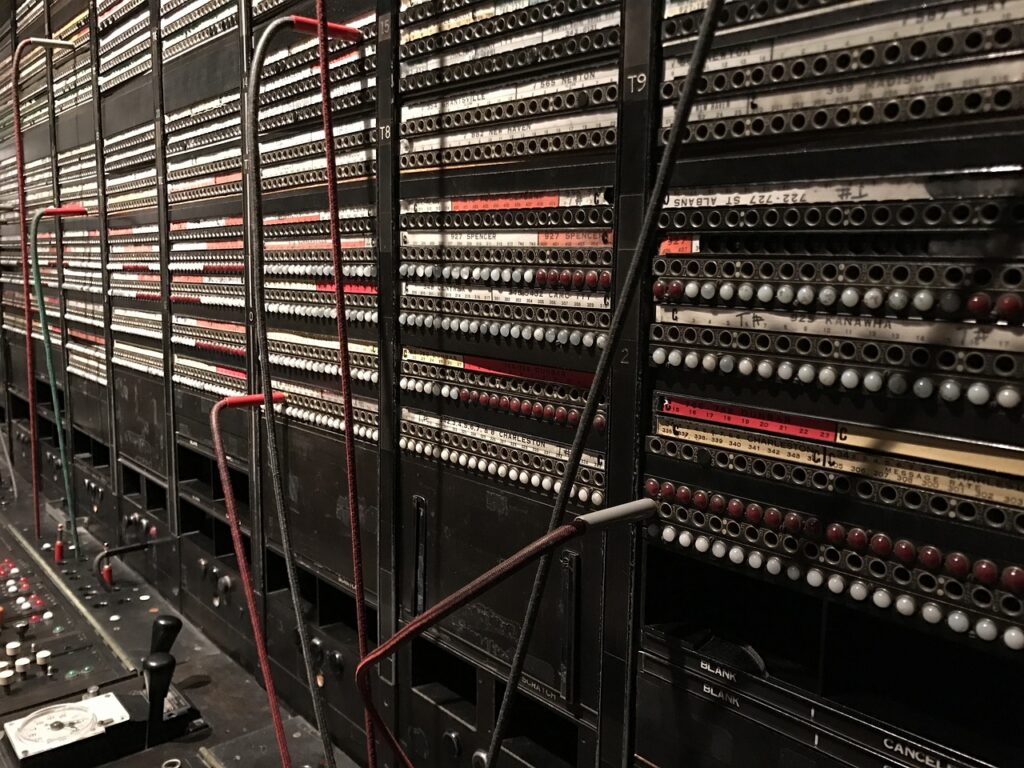The art of effective communication is, in my view, reaching a shared understanding of an issue or a situation. We don’t have to agree. Indeed, we can agree to disagree. However, if we have communicated effectively, I understand you and you understand me. We can each represent accurately what the other has said. Easy, isn’t it? And yet, communication is rarely that simple. We’re good at misunderstanding. We can explain ourselves badly. Additionally, we can use words in a way which is unclear or ambiguous to others. At times it’s almost as if we’re speaking different languages. It all leaves me wondering how often do we actually say what we mean, and do we really mean what we say?
 I have talked about the NLP Model of Communication in many of my social media posts. One of the things that happens as we experience the world around us is that we run that experience through a whole range of filters. There is no way that we can possibly process all the information, all of the data, that our senses receive. We distort, delete, and generalise. We run the information through a range of filters based on our experiences, our values, our language and so on. Finally, we end up with our own unique interpretation of what we have experienced.
I have talked about the NLP Model of Communication in many of my social media posts. One of the things that happens as we experience the world around us is that we run that experience through a whole range of filters. There is no way that we can possibly process all the information, all of the data, that our senses receive. We distort, delete, and generalise. We run the information through a range of filters based on our experiences, our values, our language and so on. Finally, we end up with our own unique interpretation of what we have experienced.
This means we are all going around with our own version of the world. A version which we act as if it is true. Because, for each of us, it is.
 Does it really matter? Most of the time, it doesn’t. We have enough of a shared understanding of the world around us to be able to get along. Those occasions when it feels like we’re speaking different languages are infrequent. Further to this, we’re really rather good at sorting out those differences, most of the time.
Does it really matter? Most of the time, it doesn’t. We have enough of a shared understanding of the world around us to be able to get along. Those occasions when it feels like we’re speaking different languages are infrequent. Further to this, we’re really rather good at sorting out those differences, most of the time.
Critically, though, we can miscommunicate because of all of those filters. Some of us will have learned that “really men don’t cry”, leading some to replace sadness or hurt or even fear with anger, because of course it’s OK to be angry. Other learn that it’s not OK to be angry, so they do frustration instead.
Our bad experiences from the past colour our present. Words take on different meanings depending on our experiences. I worked with someone who described himself as “weird”. He did not see this as very positive, a term which his mother had frequently used to put him down. He then described all of his past adventures, his future plans, his unconventional life. Frankly, if what he had and was could be described as weird, sign me up now!
 Crucially, once we realise that our understanding of the world is all in our heads it makes a big difference. We have constructed that world with the filters that we’ve created, consciously and unconsciously. If we created it, we can change it. Secondly, if we created it, we can understand that everyone else has created their own world, too. Now we can realise that we are living with different perspectives. Consequently, we have new understanding.
Crucially, once we realise that our understanding of the world is all in our heads it makes a big difference. We have constructed that world with the filters that we’ve created, consciously and unconsciously. If we created it, we can change it. Secondly, if we created it, we can understand that everyone else has created their own world, too. Now we can realise that we are living with different perspectives. Consequently, we have new understanding.
If communication feels fraught with others, or the dialogue in our heads is not making sense, it’s time to stop. Are we all on the same page, or are different representations causing conflict? Is what I think happened what really happened? Are you actually saying what you mean, and do you really mean what you’re saying?
If you know what to do with this, do it now. If you’re not sure, book an initial consultation here, and then take the next step. You know that you can do it, and you know that it makes sense, don’t you?

